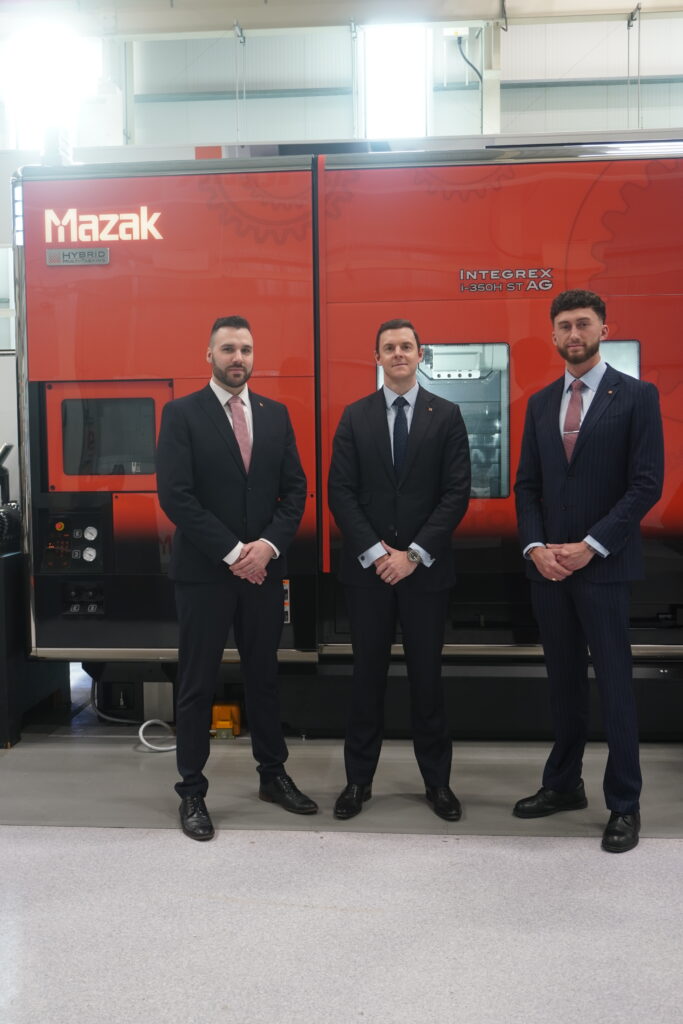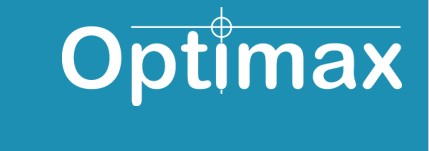UK Business valuation services from Stirling Business Solutions
Estimated reading time 4 minutes
Valuing a business
Most business owners are aware that there are different ways to value a business and as such, it is not always a straight forward process as it will often depend on the type and size of the business. On occasions, it may be necessary to use more than one method in order to arrive at a realistic figure. Very often, it is necessary for a Valuer to restate the profit & loss account with items that will reflect the true level of profitability eg business owner either pay themselves too much or too little compared to market rates. These are known as “normalising adjustments”.
The most common business valuation methods are as follows:-
- Total Assets
This method is more appropriate for established companies with large amounts of tangible assets such as plant and machinery but where profitability happens to be low. - Earnings Multiples or Price/Earnings Ratio
The “multiple earnings” approach uses established market based Price/Earnings (P/E) Ratios and is suitable for those businesses with a record of profit generation. It involves multiplying adjusted after tax profit by an industry sector related multiplier. This is often used for highly profitable engineering or manufacturing businesses and usually leads to a much higher valuation than the “Total Assets” method. The “Earnings Multiple” approach is often used in valuing businesses that include consultancies, professional businesses, brokerages, agencies etc. This approach will involve applying an established industry multiplier to the adjusted annual sales or fee income. - Entry Cost
This is the predicted cost to set up a similar business to the one being valued. This method of valuing the business would include the cost of developing a customer base and reputation, recruiting and training specialised staff, purchasing assets and licences and developing products and services. - Discounted Cash-flow
This method uses an estimate of the company’s cash-flow over say a five year period. The terminal value of the company is also calculated after this period of time has expired. The value of the predicted cash-flow, plus terminal value, is then discounted to provide a current business valuation. It may be hard to establish the terminal value as it relies so heavily on the cash-flow estimates. This method of valuing the business could be relevant for businesses with lots of potential, but few assets. A discounted cash-flow calculation is a complex valuation that requires a great deal of information to reach a reasonable valuation. - Industrial Sector Rule of Thumb
In certain industries, when company’s change hands on a regular basis, industry wide rules of thumb are sometimes used to value a business. These include recruitment agencies, accountancy firms, solicitors, etc.NB With the exception of Entry Cost, where the valuation of a business determined by one or more of the above methods exceeds the market value placed upon the business’s adjusted net assets, the difference will be “goodwill”. Goodwill is an intangible asset as it invariably does not have a value in the balance sheet and as such is notoriously ambiguous to value unless recognised valuation procedures have been adopted as outlined above. It will usually involve two valuation methods being employed. The practice of valuing goodwill will be determined from negotiations between the buyer and seller and will usually come down to what a willing buyer is prepared to pay and what a willing seller is prepared to accept.
The starting point for producing a valuation will normally be from copies of the last full set of Statutory Accounts covering the last 3 years, the latest copy of the Management Accounts and copy of a forecast or budget for the current year, (if these are available).
Stirling provides an independent valuation service, where business valuations are undertaken by an independent FCCA, FCA or ACA fully qualified Accountant. To request a business valuation report, please CLICK HERE.
Contact details are:-
Stirling, Business Transfer Specialists
One Victoria Square
Birmingham
B1 1BD
Tel: 0121-314 5575
Web: www.stirling-uk.com
Email: info@stirling-uk.com



